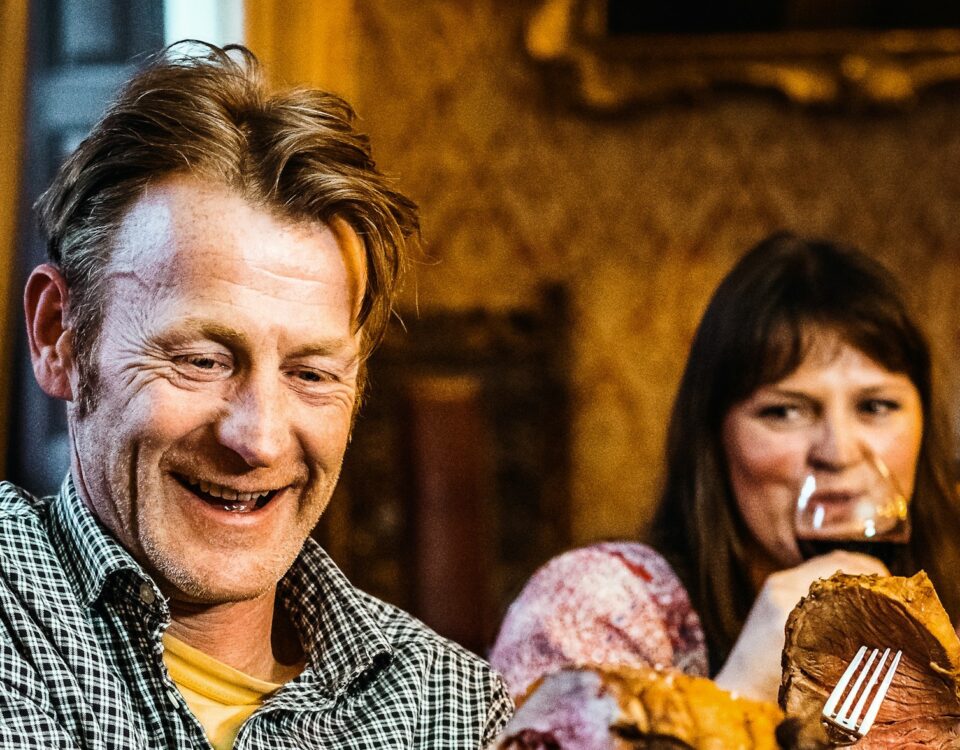
Parents Need Resilience Support, Too
October 16, 2024
Boo!
October 30, 2024I was talking to Christy Keating of The Heartful Parent about building resilience in children. We were discussing how to help kids build an emotional vocabulary (because being able to accurately name your feelings is a powerful resilience skill). I suggested using books about feelings with young children. She said “Yeah, but what if you didn’t do it when they were young? How do you teach a teen an emotional vocabulary?” I responded by explaining that’s why the name of my website is Learn Model Teach. You have to first Learn an emotional vocabulary which puts you in a good position to Model the use of feeling words. Once you learn it and model it you have the authority to teach it. (Stay tuned for the release of that conversation in Christy’s podcast.)
There are a lot of resilience skills that you can learn – for yourself, and so that you can better model and teach it to others. In every case learning is a process. First you notice something you want to learn, either an idea you have read or something you see someone else do. Then you name it, this can be detailed “I am going to boost my emotional vocabulary” or a broader idea to express yourself more clearly. At first it is awkward, you have to stop to consider what you feel, how to name it and how to tell other people. New ways of doing things don’t flow easily which is why when you are tired or distracted you will quickly slip back to your old ways. Over time, as you practice the new skill it will become part of your usual behavior. There are so many resilience skills that you can learn, I am focusing on one for the sake of this blog.
Learning isn’t always easy, the process involves trial and error, growth and mistakes, awkwardness and change. Learning resilience skills benefits you, and your circle of people. Here are some ways to support yourself in the process of learning.
Be Compassionate With Yourself as You Learn
Feeling awkward, forgetting your intention, and making mistakes are all normal parts of the learning process. I am currently reading the book, Make Every Move a Meditation by Nita Sweeney. One piece of advice from the book has shifted my attitude about getting off track. When Nita is meditating and finds herself distracted, she gives herself “a little mental pat on the back for noticing” rather than beating herself up for being distracted. I have been applying this to things I am learning. Instead of being mad at myself for “dropping the ball,” I compliment myself for noticing that I did not follow my intention. Leaving out the part where I berate myself, sink into self-condemnation, and wallow in helplessness has been a huge time and energy saver. So, if you are learning something and you mess up, congratulate yourself for noticing that you aren’t there yet, and keep going.
Find a Learning Partner
Learning alone is really hard. You can harness the power of social motivation in many creative ways. The most obvious is to find someone else who wants to learn the same thing and work on it together. This is why signing up for a class on the topic can be the most direct method – you have a teacher, an organized path to follow and others who are with you on the journey. Informally, you can find others who want to learn with you and decide on ways to cheer one another along. Or tell people close to you that you are working on this and update them from time to time so they can support you. One of my goals at LearnModelTeach is to be on your team for boosting resilience.
Keep Track of Your Progress
When you are in the process of learning, and you forget to use your new skills, it is easy to give yourself zero credit. Let’s say you are learning to use a more extensive emotional vocabulary so that you can share how you feel in a way that other people can truly hear you. One evening you are exhausted, overwhelmed and ultimately furious and rather than use any of those words you shout, “Leave me the f*#@ alone!!” Woops, not the plan. Ok, breathe, pat yourself on the back for noticing that you are not using the words you intended. Get some space; take care of yourself. Then, before you decide you are a failure at this thing, notice how far you have come since you started your journey. People don’t give themselves enough credit for the progress they have made. Change comes in waves. “I got this, I don’t got this, I got this, I don’t got this.” The goal is progress, not perfection. Pay attention to how far you have come, vs the occasional lapse or the time it takes to get there.
Learning is a process. You must notice the new thing, remember it, fit it into your current way of operating, and use it often enough for it to become part of your new normal. Be compassionate with yourself while learning, find someone to share your journey with and notice your progress over time. Those new skills benefit you and everyone in your circle of influence. For ideas on other resilience skills, you can look through the tools section of the website. These are all graphics of ways to be resilient.
Peace,
Laura
Most months we have a Zoom Q and A with Laura where you can join a conversation with others who are also seeking to boost their resilience. Join us November 21st @7pm for Ways to be Resilient During the Holidays.





